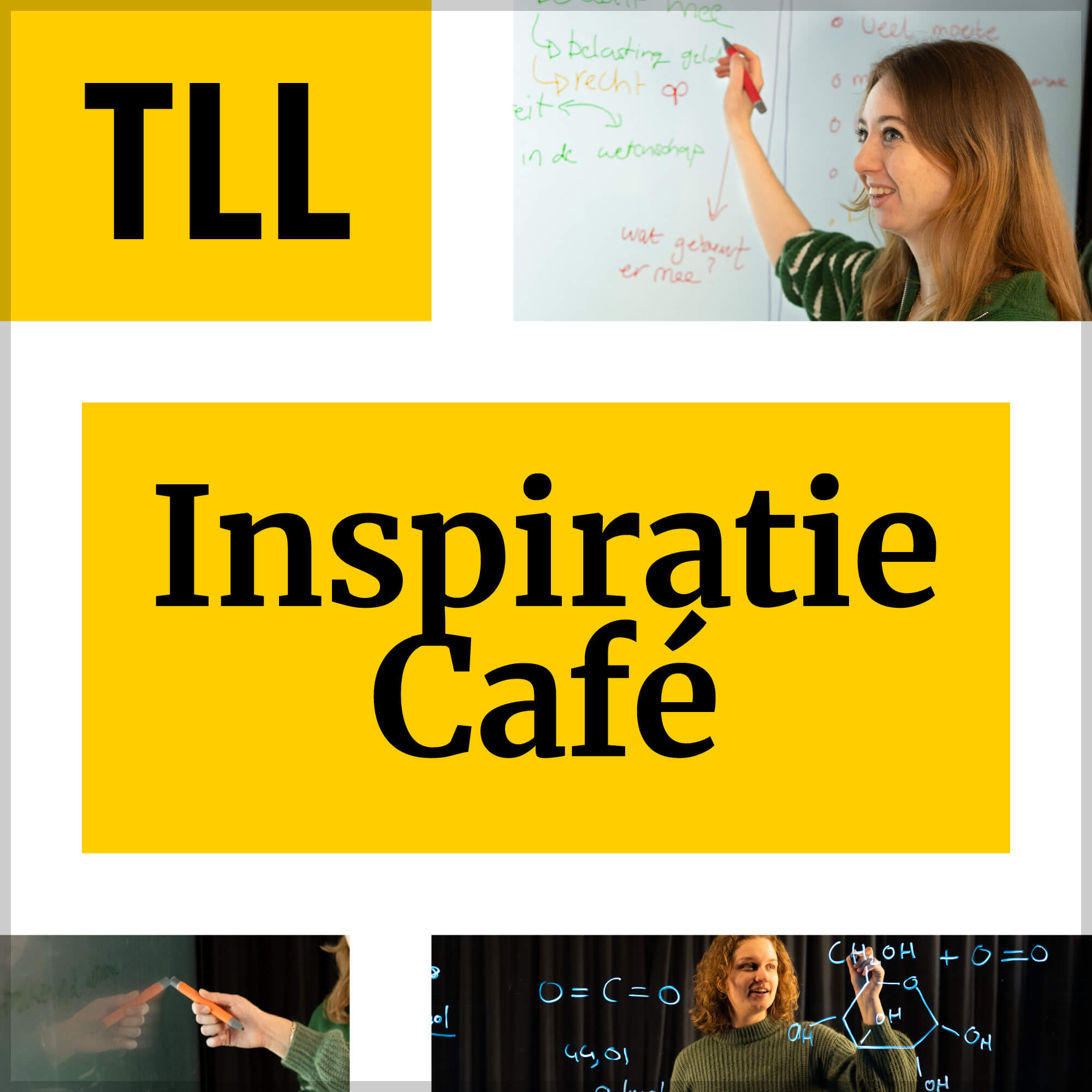News
Terugblik op inspiratiecafé – COIL symposium
The inspiration café on February 16th set the stage for the wrap-up of the COIL program. During this program, eight UU teachers got new inspiration to (re)design their courses for Collaborative Online International Learning (COIL). These teachers shared their new ideas during this mini-symposium.
A COIL course focuses on online collaboration between students of different nationalities. Interest in this form of education has increased tremendously since the implementation of online courses during the COVID pandemic. For example, teachers Tamar Aprahamian and Ferdi Engels already spoke about the importance of COIL in the inspiration café of May 2021 (NL). They mentioned that the internationalization that COIL brings, helps students develop a broader cultural perspective. In addition, COIL education also aims to support international education in a more inclusive and sustainable way. After all, students do not have to fly to meet each other, as they only need an internet connection. However, it can be a great challenge for teachers to transform their courses in this way, so the COIL program provided some tools for this.
The COIL program
As a teacher, you may be wondering if COIL can be applicable in your field. At the symposium, it was clear that the chances are that it can: in fact, COIL can be used in a very diverse way. It can be applied to existing courses, as well as to new courses. Eventually, six different ideas for courses were presented, from College of Pharmaceutical Sciences, Biology, Intercultural Communication, Language and Cultural Studies, Science Education, and Sociology. The variety of topics was one of the points the participants could really appreciate in the program. In addition, they found it valuable to discover new tools and create a larger network.
Challenges
The participating teachers did comment that it was difficult to find international partners during the program. Therefore, to really apply COIL well, it is necessary to continue to expand the international network. In addition, there is still much unclear about the effectiveness of COIL. For example, a study by Simone Hackett came out earlier this year, which found that there is little empirical evidence that it really helps students to develop intercultural competencies. However, more COIL courses are obviously needed to further investigate such effects. Until then, COIL courses at least contribute to more variety in study programs, something that contributes to new learning experiences for both teachers and students.
Want to know more?
Are you interested in applying COIL to a new or existing course? Feel free to approach Educate-it for more information.
Author: Amy van Dijk, master’s student Science Education and Communication, Utrecht University.

